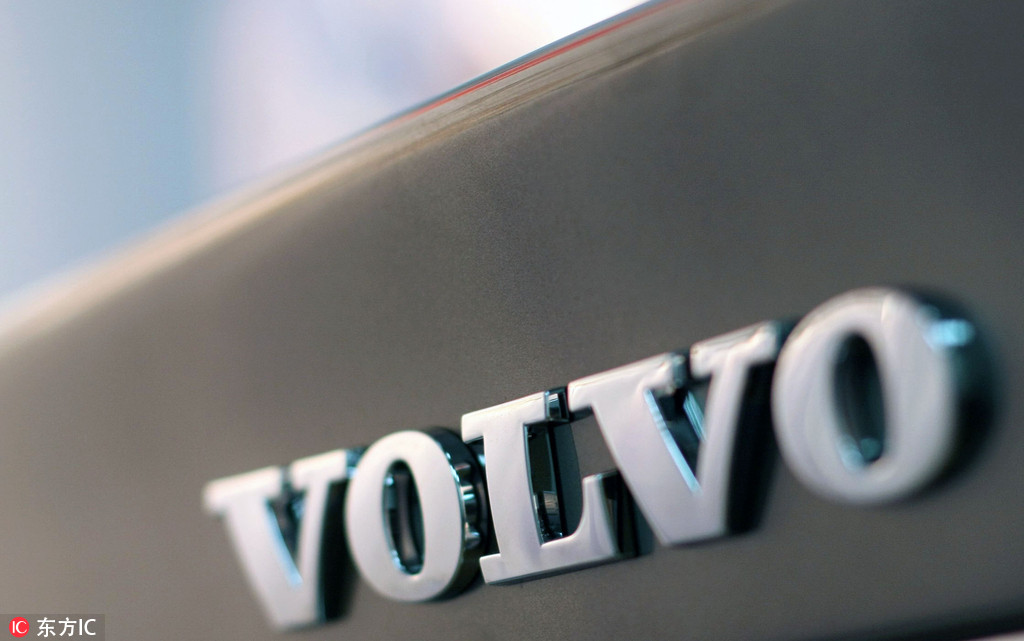Volvo to produce trucks in China from 2022
chinadaily.com.cn | Updated: 2021-08-24 11:17

Volvo Trucks has agreed to acquire a subsidiary of China's Jiangling Motors Co to produce trucks for the local market from late 2022.
JMC Heavy Duty Vehicle Co, which includes a manufacturing site in Taiyuan, capital of North China's Shanxi province, will be purchased at 780 million yuan ($120.4 million), said the Swedish truck maker.
The transaction is subject to customary closing conditions, including regulatory approvals, said Volvo Trucks.
Volvo Trucks expects to start production of the new heavy-duty Volvo FH, Volvo FM and Volvo FMX trucks in Taiyuan for local customers in China from late next year.
It said the operations in the manufacturing site will include stamping, welding, manufacturing of cabs, painting and the final assembly.
Volvo said it will scale up the plant's annual production capacity to 15,000 trucks within a few years.
"Over the last couple of years, we have seen a fast development of the logistics markets and an increasing demand for our premium trucks and services," said Roger Alm, president of Volvo Trucks in a statement.
"To meet the demand from Chinese transport operators, the time is right for us to establish a regional value chain with our own heavy-duty truck manufacturing in China," he said.
In 2020, more than 4,500 heavy-duty Volvo trucks were imported and delivered to customers in China.
"With our long-standing presence in China, we are growing our sales, and we are expanding our strong network of sales and service points together with our private dealer partners," said Alm.
Other international truck makers including Scania and Mercedes-Benz are ready to start localization as well in China from around 2022 as well.
China has allowed them to produce trucks in their wholly owned plants as the country further opens up its vehicle market.
Makers of commercial vehicles including trucks and buses were required to form joint ventures before July 2020 if they would like to produce vehicles in the country.
The Chinese truck market is largely dominated by local automakers including FAW Jiefang Group, Dongfeng Motor Group and Sinotruk, which offer more price-competitive vehicles.
Scania said the demand for modern vehicles with a higher technology content, better performance and higher availability is increasing with the need for more efficient logistics and sustainable transport.
Scania said it will make significant investments until the end of the 2020s to establish China as the third arm in its global production structure. Its investments in China include establishing research and development in the country.
"We are aiming for sales in China at the end of the 2020s of at least the same volume as that of our currently single largest market, Brazil," said Scania's former president Henrik Henriksson in a statement when the truck maker announced to establish a plant in Jiangsu province in late 2020.
Daimler AG is preparing itself for the production of Mercedes-Benz-branded trucks at its Chinese joint venture, Foton Daimler, starting from 2022.
The joint venture with BAIC Group's commercial vehicle unit, Foton, was established in 2012, and now produces and markets Auman-branded trucks.
"China, the world's largest truck market, is of utmost importance to us and has become one of our important markets for future growth," said Martin Daum, CEO of Daimler Truck.
























